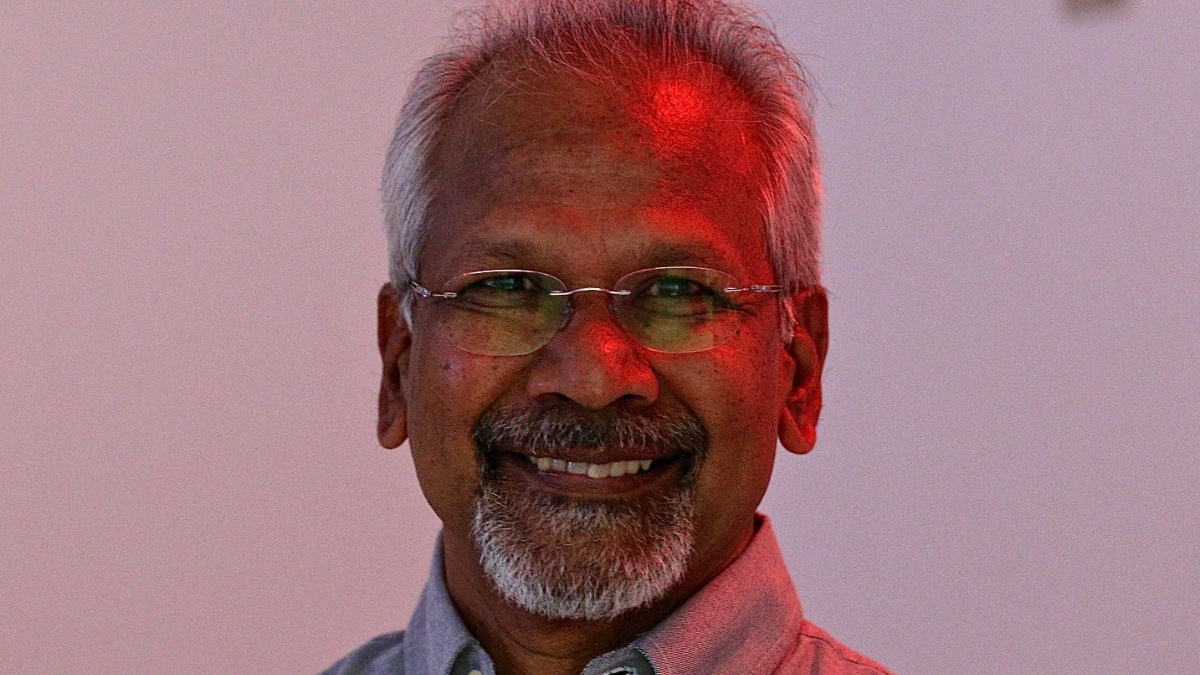

Mani Ratnam, the celebrated director known for his visually stunning and emotionally resonant films, has recently made headlines for a rather unconventional revelation about his directing style. In a recent interview, he admitted to using threats, albeit seemingly in jest, to get the best out of his actors. This admission has sparked a debate about the fine line between demanding excellence and creating a conducive work environment.
Ratnam, who is gearing up for the release of his highly anticipated film "Thug Life," starring Kamal Haasan, opened up about his approach to filmmaking in an interview with The Hollywood Reporter India. When asked if he gives actors a free hand, he responded, "Not everyone. Some people you have to threaten. I've promised people that I'll throw them off the fourth floor if they don't do what I'm asking them to do." He further explained, "Sometimes, you have to tell an actor that if a five-year-old child can work at odd hours, so can they. There's no one solution. But, if you have a good actor, and if what they bring in adds value…"
This statement, while delivered with a touch of humor, reveals a glimpse into Ratnam's dedication to his craft and his willingness to push actors beyond their comfort zones. He clarified that this approach isn't universal, and he tailors his methods to each actor's personality and needs. He also stated that he does not enact scenes for actors, as he believes it is not a director's job and that a good actor might take offense to it.
Ratnam's long-standing collaboration with Kamal Haasan, which began with the iconic "Nayakan," is a testament to his ability to foster trust and understanding with his actors. He noted that Haasan trusts his vision implicitly, allowing for a seamless creative process. Haasan himself has acknowledged Ratnam's unwavering passion and dedication, stating that the director "hasn't mellowed" with age.
Mani Ratnam's career has spanned over four decades, and he is known for films like "Roja", "Bombay", and "Dil Se..". His films often tackle socio-political themes. Ratnam's films stand out because of his technical skill in areas including cinematography, art direction, editing, and background music. He is known for his experimental lighting techniques, and a distinct staccato dialogue style.
While his recent comments about threatening actors have raised eyebrows, they also highlight the passion and commitment that have defined his career. He is a director who demands excellence and is willing to go to great lengths to achieve his vision. Whether his methods are considered extreme or simply a testament to his dedication remains a matter of debate, but there is no denying the impact he has had on Indian cinema.